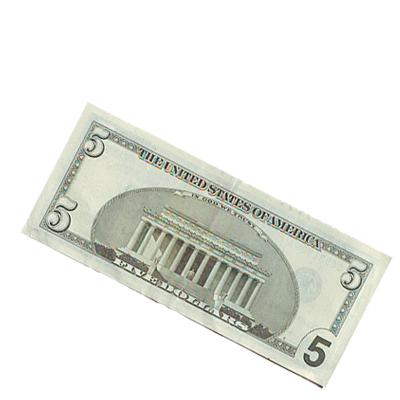April 15, 2015 is the official deadline for your personal income taxes. For many taxes are a time of joy as an extra bundle of income is about to arrive from the federal and state government. For others it is time of horror and sorrow as to how they will pay their taxes. Statistically speaking 54 percent of all Americans expect to get a tax refund and 24 percent say they owe money. Overall, 30 percent of Americans intend to pay down debt with their tax refund. On the other hand, 40 percent of those who believe they owe taxes say they are not prepared to pay up. Nevertheless, only 6 percent plan to borrow money, though 17 percent say they intend to set up an installment plan with the IRS.
With these deadlines and statistics in mind I want to spend some time discussing how taxes both refunds and debts interact with bankruptcy. For bankruptcy purposes a tax refund is both an asset and income. It is an asset because prior to receiving it you are owed the funds. Although taxes are due on April 15, 2015 the majority of the events that triggered that refund occurred in the prior year and therefore a tax payer who is owed a refund is owed one long before tax season ever begins. For Chapter 7 bankruptcy purposes it is important to note that tax refunds that have yet to be received are an asset of the estate and must be listed and exempted in order to protect them and keep them out of the hands of creditors. The tax refund can only be protected under the wild card exemption which is only available to debtors who are not protecting equity in a residence. For those contemplating filing a bankruptcy it is very important to double check that the tax refund is covered otherwise it is best to wait until the refund is received and then proceeding with the filing. Since the debtor controls when the bankruptcy is filed an incorrect filing can be a very expensive mistake.
For Chapter 13 purposes a tax refund whether due for over withholding on your paycheck, child or earned income credits, education credits, or any other credit that resulted in a refund is considered income. For those contemplating a Chapter 13 bankruptcy it is important to understand that if tax refunds are consistent they must be considered as income for the purposes of one’s budget or risk once again turning over your refund for the benefit of your creditors. Here is the improper listing of the budget could cost the tax payer between three to five years of tax refunds.
Since statistically 30 percent of those getting refunds plan on paying down debts it is important to consider filing for bankruptcy rather than paying down those debts. If you can eliminate all of your debt with your tax refund, it is one thing, but if you are only going to put a small dent in the overall size of your debt it may be wise to consider filing for bankruptcy to eliminate all of the debt and still have plenty of the tax refund left over for other expenses.
For the 40 percent of you who not only owe taxes but have no clue how you are going to pay them, I strongly encourage you to speak to me. Especially before you setup a an installment plan with the IRS or even worse borrow from friends and family to pay off the tax collector. Bankruptcy is a very powerful tool when it comes to taxes. Like all other creditors, the automatic stay that is created upon filing a case also applies to the taxing agency whether federal, state, or local. Not only will a bankruptcy stop the IRS from seizing future tax refunds, it will also eliminate all wage garnishments and bank levies.
Taxes that are at least three tax sessions old, have not be assigned a lien, were filed on time, and were not assessed as a result of fraud or willful evasion can be discharged in bankruptcy like any other unsecured debt. More recent taxes carry a priority status and do not have that status. However, priority taxes, those due in the last three tax seasons can through the help of a Chapter 13 be managed as well. A Chapter 13 allows the debtor to setup a repayment plan for up to five years with no interest or penalties. Secured tax liens can also be eliminated or reduced under Chapter 13.
Therefore I encourage anyone considering bankruptcy to talk to me if they are worried about either getting a tax refund or owing a tax debt. Likewise if you are already on a payment plan with the IRS or have unresolved tax debt I will be more than happy to sit down with you for a free consultation to see if bankruptcy is a viable option in resolving your taxes in a quicker, cheaper, and more efficient way. If you have questions you can always write me at shmorgonlaw@gmail.com or call me to schedule a free consultation at 916-640-7599.












